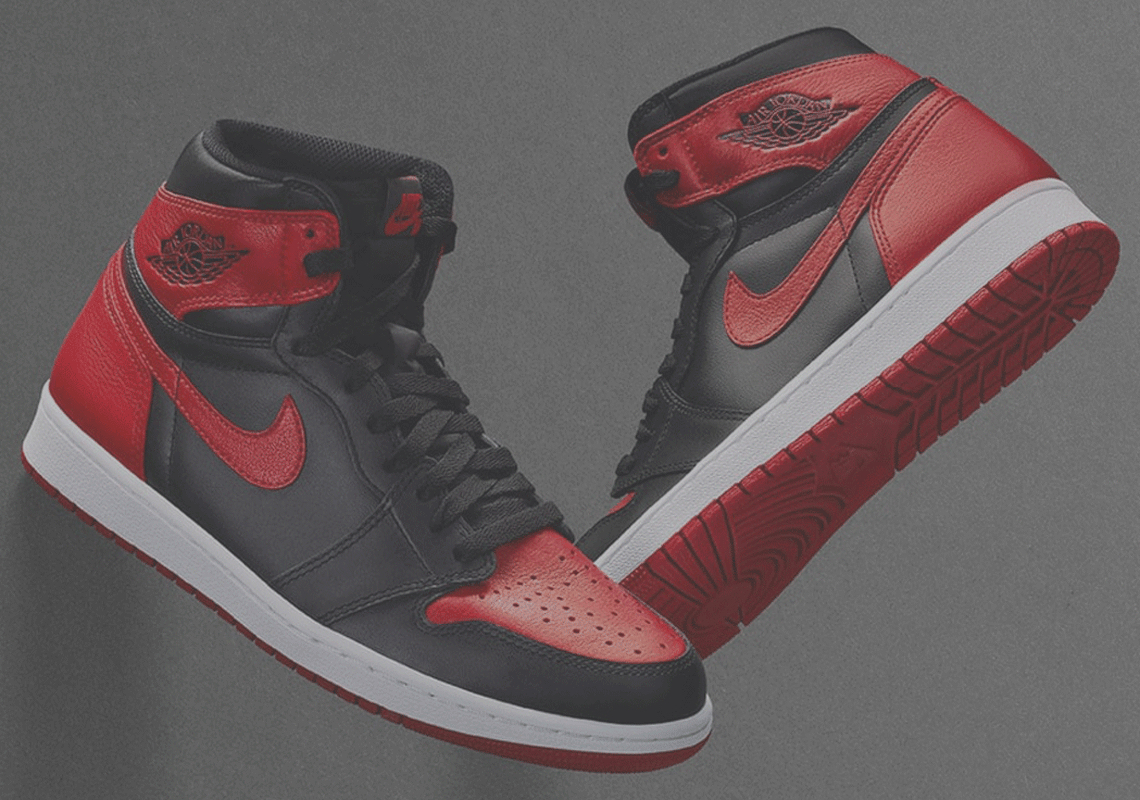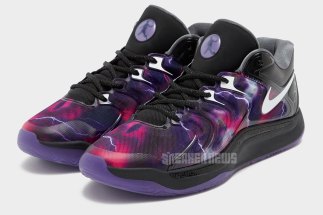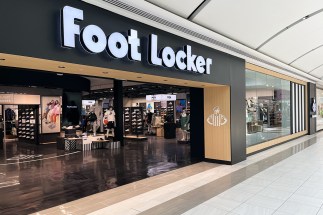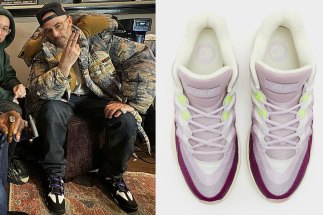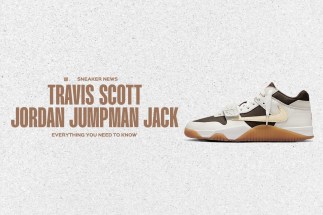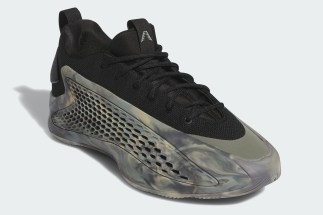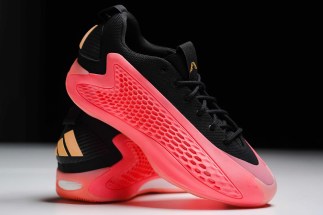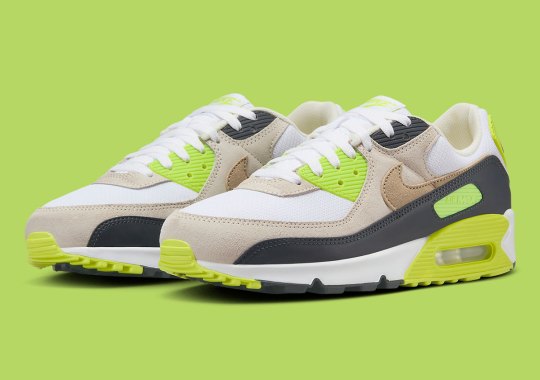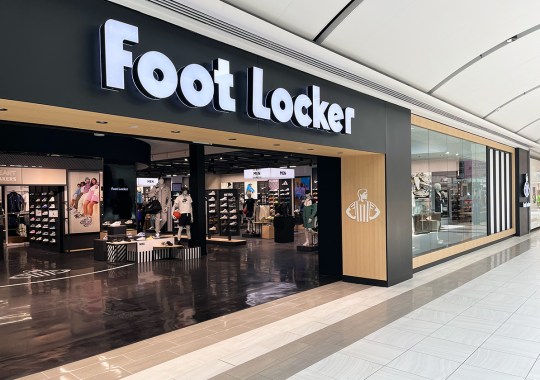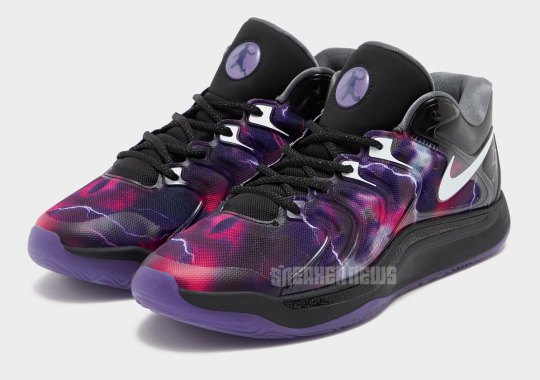Whether the sneaker deities have been on your side and you’ve secured a pair at retail or you’ve bit your tongue and purchased it on the after-market, the Air Jordan 1 is expensive.
Sure, the 35-year-old-silhouette is more accessibly-priced than mainline Nike LeBron sneakers, but at $170 USD, it still boasts a higher price tag than other products from NIKE, Inc.
Yet, if you’ve landed on this page, it’s likely that you’re okay with paying retail for a pair. It’s also likely that you recently caught an “L” on the Nike SNKRS app, checked resale prices on every platform between Stadium Goods and your local Facebook group, and (either internally or externally) uttered the question, ‘Why are Jordan 1s so expensive?’ You’ll probably receive different answers depending on where you search and who you ask, but basic economics may help lay a solid foundation.
The price of a product – Jordans included – is determined by the law of supply and demand. While scholars, small-scale entrepreneurs, and business magnates have mulled over the microeconomic theory, the law boils down to the following: A good’s market price is the figure at which quantity supplied equals quantity demanded. In a sneaker context, here are two examples of the premise in action:
Market price is the figure at which quantity supplied equals quantity demanded.
Dior x Air Jordan 1 High OG

Dior x Air Jordan 1 High OG
Launched on June 25th via raffle, the collaboration between high-fashion and sportswear resulted in five million entries (!) at a chance to pay $2,000 USD for a pair of sneakers. Premium leather and high-quality construction warranted well-over a standard Jordan 1’s $170 USD price, but the release’s limited-to-8,500-pairs quantity and inaccessibility have driven resale premiums up 398%. As always, size impacts pricing, but another variable that’s had an effect on the pair’s after-market value is each sneaker’s individual number: 2323/8500 may fetch more money than another random figure.
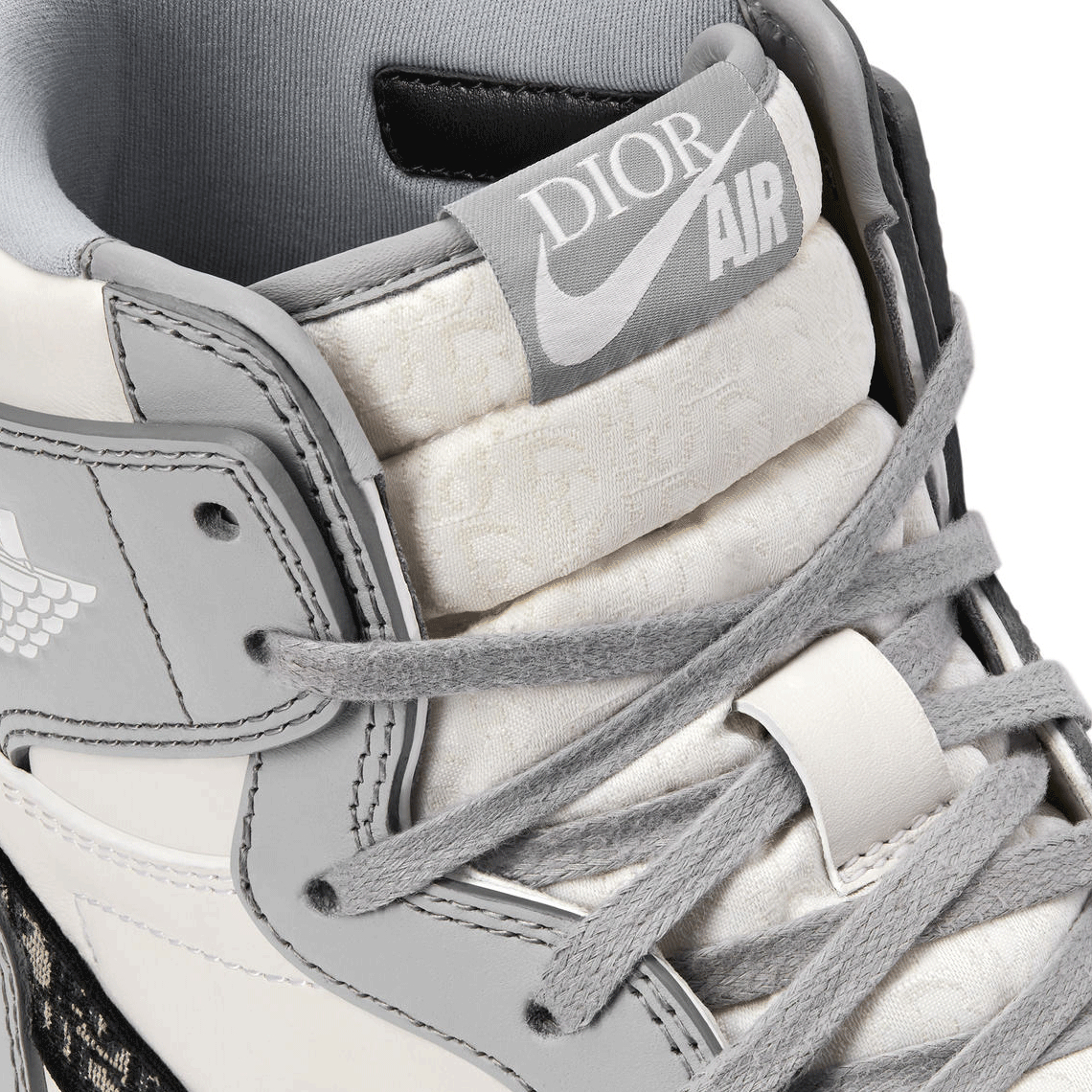
Release Date:
June 25th, 2020
Retail Price:
$2,000 USD
Pairs Released:
8,500 (via raffle)
Average Resale Value:
$11,000 USD (varies by size)
Resale Premium:
390%+
Air Jordan 1 Retro High OG ‘NC to CHI’
Air Jordan 1 Retro High OG ‘NC to CHI’
Launched in mid-February at global retailers, the women’s Jordan 1 “NC to CHI” was one of the most anticipated pairs at the start of the year – even among men. Unsurprisingly, the sneaker sold out during its initial release on the Nike SNKRS app. Although exact production numbers haven’t been disclosed, it’s estimated that over 300,000 pairs were released at launch, with the occasional restock across select retailers driving that figure higher.


Release Date:
February 13th, 2020
Retail Price:
$170 USD
Pairs Released:
300,000+
Average Resale Value:
$213 USD (varies by size)
Resale Premium:
30%+
As with the law of supply and demand’s application elsewhere, the theory has seen anomalies within the sneaker world:
Air Jordan 1 Retro High OG ‘Banned’

Air Jordan 1 Retro High OG ‘Banned’
Originally launched in 2012 as a Nike outlet-exclusive, the beloved “Black/University Red” release paid homage to the (inaccurate) story of the NBA banning the Jordan 1 from the league. (The Nike Air Ship from 1984 was the sneaker to have been regulated.) Re-issued in 2016 with much wider-spread distribution and higher quantities (albeit no “X” on the heels), the silhouette quickly flew out of storage rooms. Despite its mass-production and $160 USD MSRP, the sneaker still fetches an average of $622 USD on the after-market, a premium of 426%.

Release Date:
September 3rd, 2016
Retail Price:
$160 USD
Pairs Released:
Not available
Average Resale Value:
$622 USD (varies by size)
Resale Premium:
420%+
As a business, NIKE, Inc. is continuously shifting its manufacturing in order to maximize profit margins while keeping product at a price point comfortable for consumers. A common belief for those critical of the brand’s release approach for the Jordan 1 is that supplying more pairs will stabilize – or nullify – resale prices. While this strategy would surely impact the after-market, it would not entirely deal with another factor in why Michael Jordan’s first signature sneaker has become so expensive: hype.
Although the Swoosh has been manufacturing products since 1964, the North American sportswear behemoth experienced its best-selling sneaker launch in history on December 14th, 2019. The release in question?:
December 14th, 2019
Air Jordan 11 ‘Bred’
Air Jordan 11 ‘Bred’
Unofficial reports claim that 1,000,000 pairs of the patent leather-featuring silhouette were created – about four-times the quantity of most general releases. Despite these figures, there’s still a healthy after-market for the retro, with some sizes fetching more than double an adult pair’s $220 USD retail price.

How?
Air Jordan 1 High ‘Royal’

Air Jordan 1 High ‘Royal’
ESPN’s “The Last Dance” series has demonstrated that Jordan’s illustrious on-court NBA career still influences consumers’ desire for Air Jordan sneakers. Although they’ve largely become lifestyle products, the shoes are associated with winning. The Brooklyn-native never won an NBA championship or other accolade in the Jordan 1, but fans of his have reached comparable success off-the-court. And the world has taken notice.
Air Jordan 1 High ‘Black Toe’
Air Jordan 1 High ‘Black Toe’
In the early 2010s, Kanye West and his inner circle were arguably the most-visible proponents of the 1985 sneaker. Thanks to his then-burgeoning romance with Kim Kardashion and his presence at events such as Paris Fashion Week, the now-adidas Yeezy frontman was one of the most photographed individuals on the planet. And thus, his star-power and widespread-acceptance as a tastemaker had countless forum browsers trying to dress like ‘Ye. (We’ve all referenced that one picture of West wearing Supreme’s green tree camo field pullover from Autumn/Winter 2012, right?)
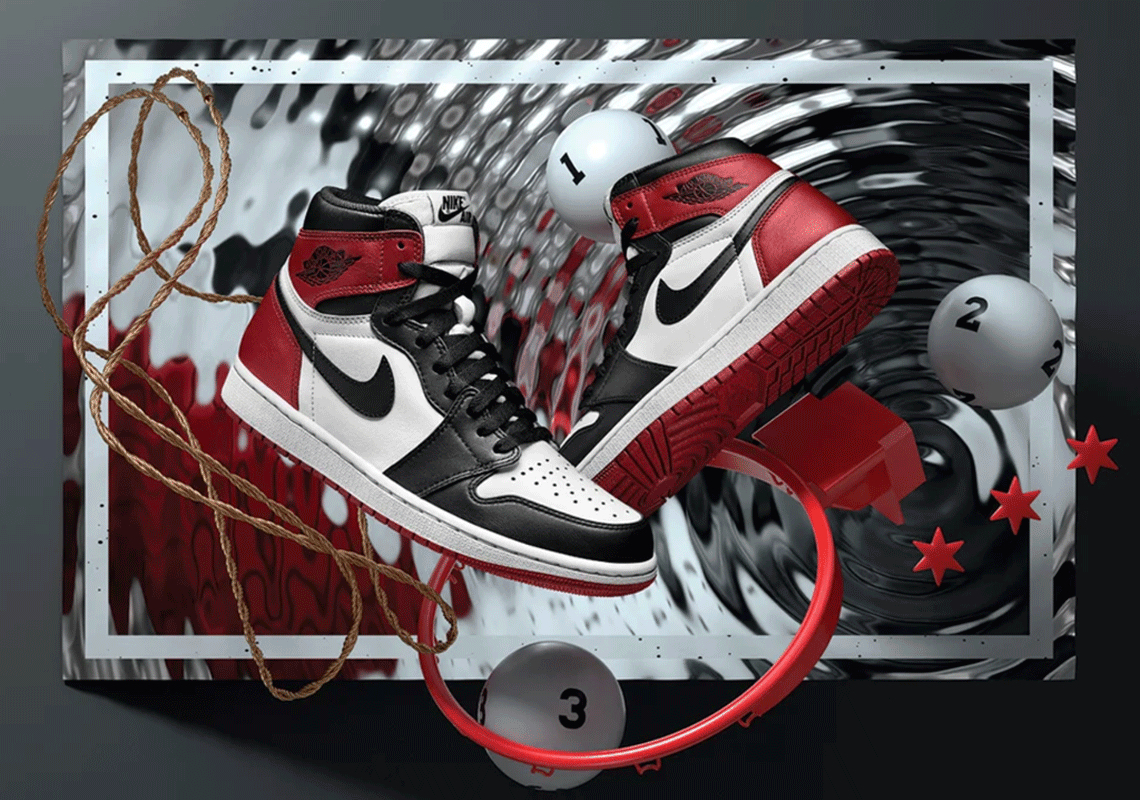
The Jordan 1 was recognizable, but didn’t have the mainstream “cool factor” that the Air Foamposite had, for example. So for West, Don C, and others of the same mindset, adopting the decades-old silhouette was, to a degree, an act of counter-culture.
Having grown up in Chicago, West was all-too-familiar with Peter Moore’s design, but the same could not be written about most of his mainstream following. Therefore, the sneaker had a somewhat of an “If you know, you know” association.
As other “cool” artists, athletes, and influencers began donning every new release of Jordan 1, the masses took notice and flocked to grab a pair, regardless if the pair had Jumpman logos instead of “NIKE AIR” branding. Another group internalized the model’s newfound popularity and began hunting for older, ideally original, pairs of Brand Jordan’s first sneaker.
[The] silhouette was…counter-culture.
On the surface, buying old, oftentimes heavily worn, shoes may seem silly, but doing so has an air of savviness that’s appreciated by a select crowd and shown off to the masses on social media.
Air Jordan 1 High ‘Chicago’
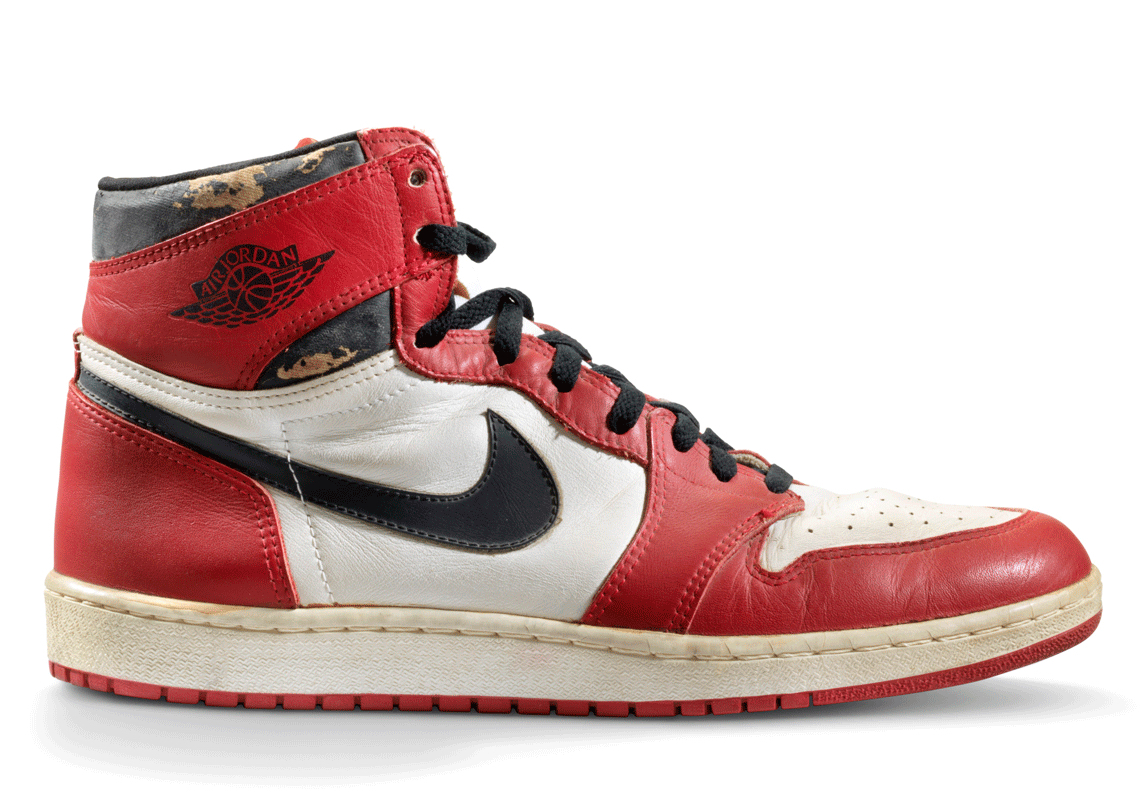
Air Jordan 1 High ‘Chicago’
Among certain enthusiasts, owning and wearing sneakers older than them has become a source of (sometimes condescending) pride.
For others, acquiring Jordan 1s from 1985 is more about the journey, the stories, than the products themselves.
Yet, it’s worth noting that recent years have seen NIKE, Inc. returning to the sneaker’s original shape and dimensions for certain releases. (Whether this decision is recognition that quality was better 35 years ago or simply a marketing ploy to enable elitism among their products is a breakdown for another day.)
Now that high-profile celebrities like Kylie Jenner have been repeatedly photographed wearing the Jordan 1, demand for the sneaker is unlikely to wane. Therefore, prices are almost guaranteed to increase, too, which will surely make us re-ask ‘Why are Jordan 1s so expensive?’
But, if we take a moment of genuine introspection, would we still want the sneaker if it was accessible and cheap?
The Air Force 1 has proven that good design will always warrant attention, but it’s also enjoyed longstanding cachet from associations to hip-hop culture and New York City street-style.
Will the Jordan 1 ever see the widespread availability of a triple-white Air Force? It’s possible, but unlikely. For the time being, what’s certain is that the first Jordan sneaker isn’t going anywhere. If and how we decide to enjoy it is up to us.
[W]ould we still want the sneaker if it was accessible and cheap?

